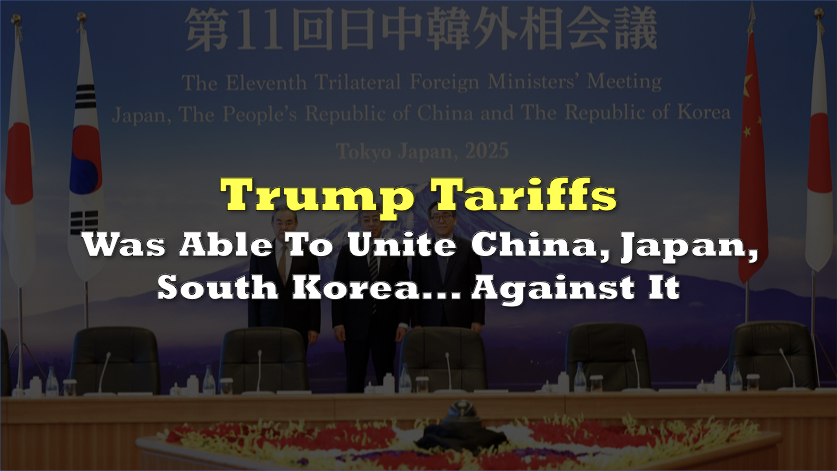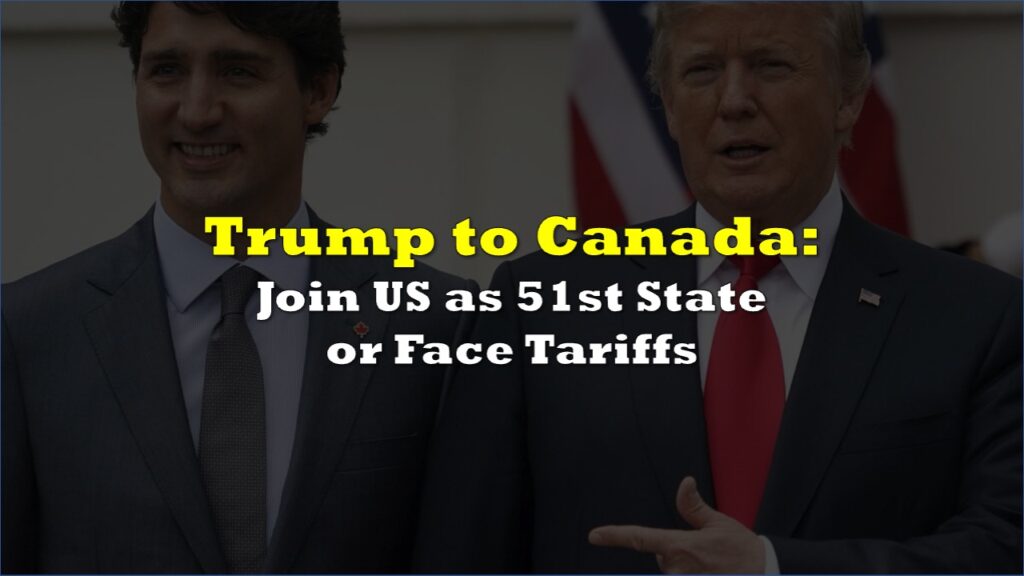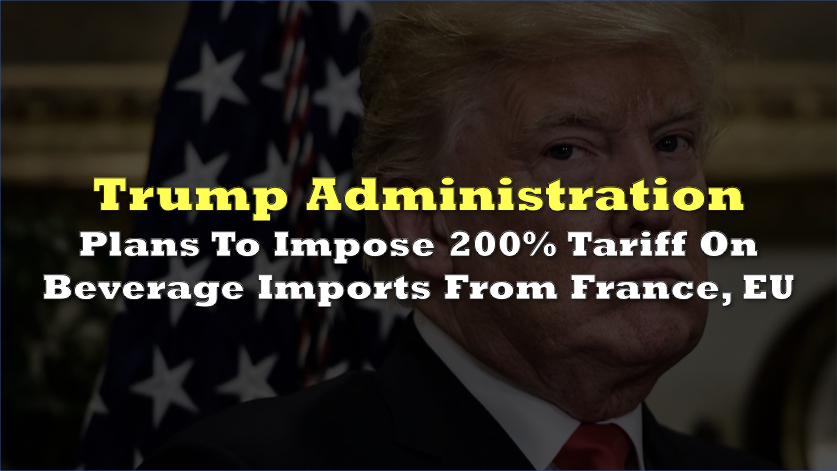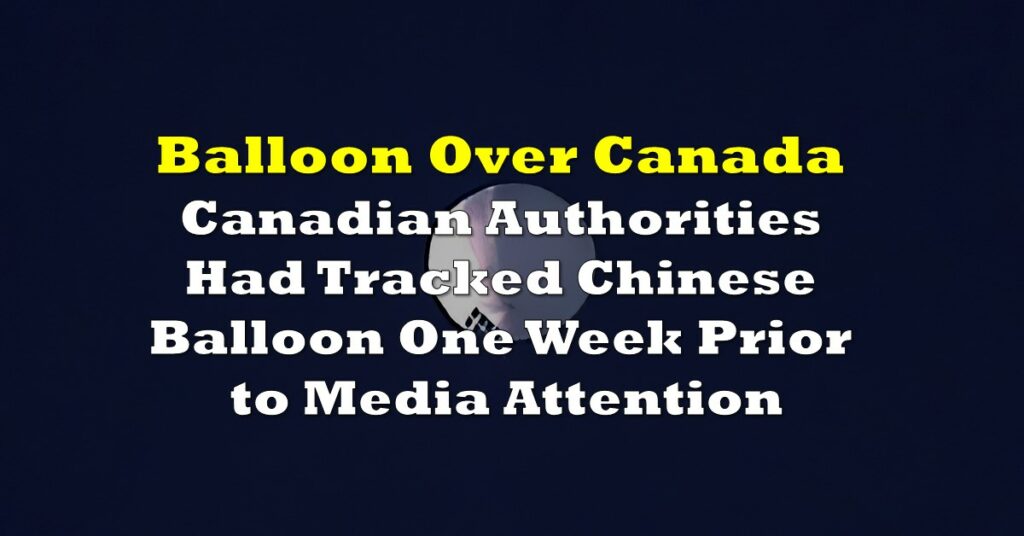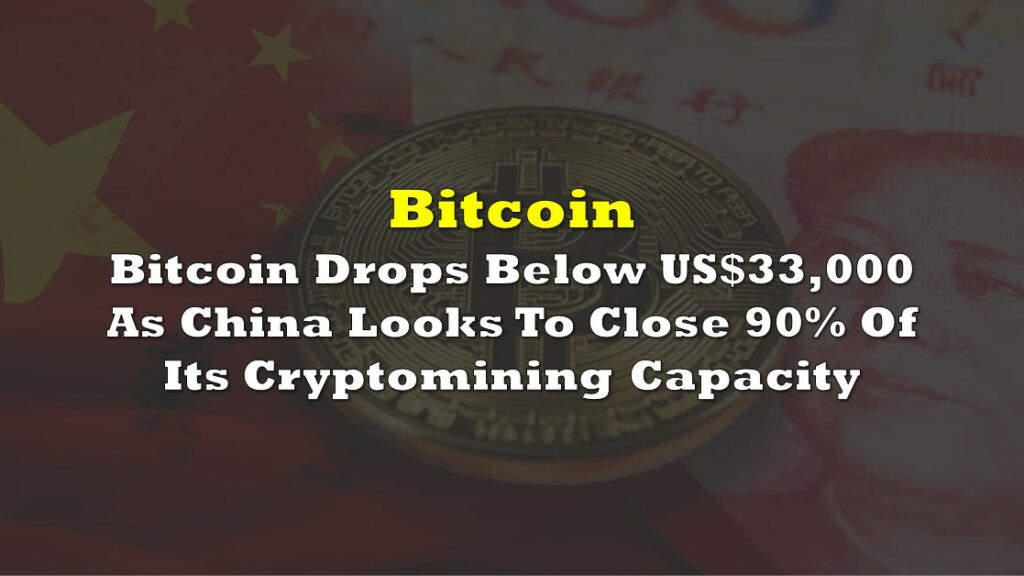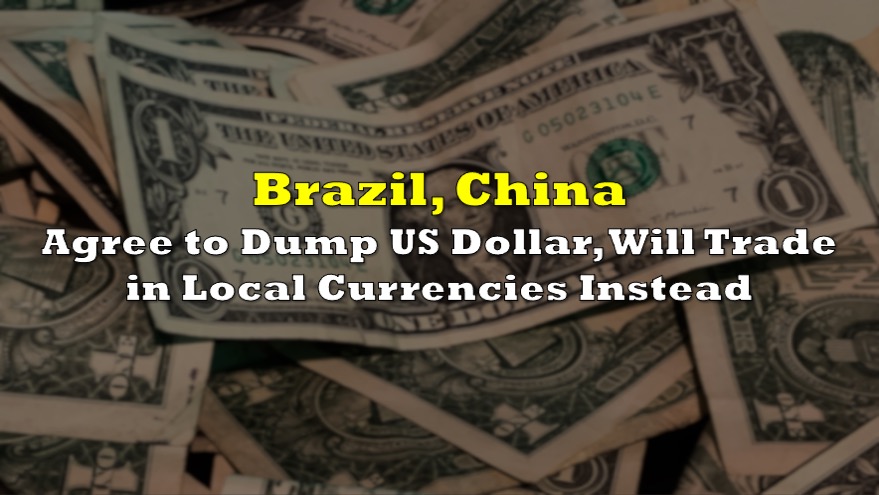China, Japan, and South Korea, three nations with a long history of political and economic rivalry, have found common ground in a move to counter the US’ proposed tariffs. Chinese state media first announced that the trio had “reached a consensus” and would “jointly respond to the US tariffs.”
NEW: China, Japan, and South Korea agree to “closely cooperate” in response to U.S. tariffs
— Republicans against Trump (@RpsAgainstTrump) March 31, 2025
Anyone with half a brain & a basic understanding of the world could see that Trump’s relentless attacks on our allies will only isolate America & strengthen China
pic.twitter.com/BS3ppL6BTz
The impetus for this alliance stems from growing fears that new, sweeping tariffs on imported goods could stifle key Asian exports. Trade specialists and financial analysts alike have been warning that such moves by Washington could trigger retaliation, push long-standing allies to pursue alternative partnerships, and potentially reshape global trade.
The last time China, Japan and Korea teamed up, the Mongols were involved. https://t.co/eqPoJnYhAx
— James Chanos (@RealJimChanos) March 31, 2025
So this actually came across the wire last night at about midnight, but FinTwit is just now picking up on it:
— BonkDaCarnivore (@BonkDaCarnivore) March 31, 2025
China, South Korea, and Japan have agreed to enter into a joint trade partnership amongst themselves in response to Trump's promise of global across-the-board tariffs.… pic.twitter.com/9wBgEHH8qs
CHINESE STATE MEDIA: CHINA, JAPAN, SOUTH KOREA REACH A CONSENSUS THAT THREE SIDES WILL JOINTLY RESPOND TO THE U.S. TARIFFS
— Citrini (@Citrini7) March 31, 2025
do you know what a cosmic-level asshole one has to be in order to get CHINA, SOUTH KOREA AND JAPAN TO AGREE ON SOMETHING?!
In addition to the unprecedented East Asian cooperation, the EU has also indicated it may consider punitive measures. Rumors ranged from a “full shutdown” of its market to US goods to more calculated, targeted tariffs on specific American products such as whiskey and jeans.
Earlier in March, the EU’s decision to impose a 50% tariff on whisky prompted a swift reaction from President Donald Trump, who described the bloc as “one of the most hostile and abusive taxing and tariffing authorities in the World.”
“If this Tariff is not removed immediately, the U.S. will shortly place a 200% Tariff on all WINES, CHAMPAGNES, & ALCOHOLIC PRODUCTS COMING OUT OF FRANCE AND OTHER E.U. REPRESENTED COUNTRIES,” Trump warned.
This comes on top of the tariff threat invoked on EU’s energy products. The EU has already emerged as the largest consumer of US oil and gas, driven by the bloc’s shift away from Russian energy following the 2022 invasion of Ukraine. According to US government data, Europe now accounts for over half of US crude exports—more than 2 million barrels per day—and 66% of US liquefied natural gas shipments.
Information for this briefing was found via the sources mentioned. The author has no securities or affiliations related to this organization. Not a recommendation to buy or sell. Always do additional research and consult a professional before purchasing a security. The author holds no licenses.

